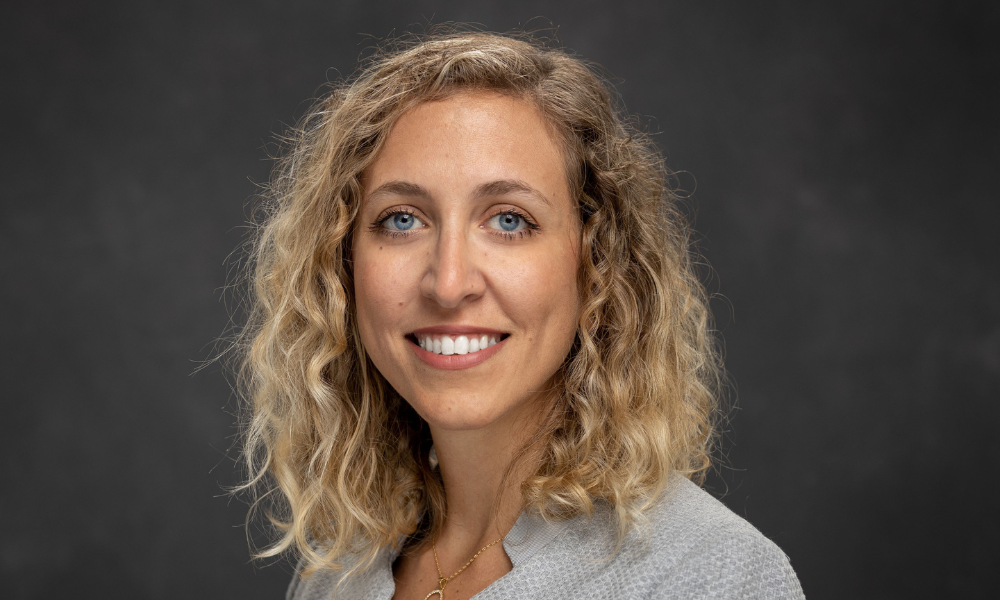
'Women should not be asked to choose between motherhood and career'

“There’s something that sits very poorly with me and that’s unfairness.”
So says Tara Tyan of Saxo Bank, after realising that parental leave benefits in the UAE were lacking compared to other countries.
As a result, the multinational has launched a new policy on parental leave in the UAE which guarantees maternity leave of 20 working weeks, or 100 days, fully paid, with the ability to extend that period by adding accumulated vacation leave. Mothers adopting children under the age of five are also entitled to the same leave benefits.
The move is a significant breakthrough, says Tyan, head of marketing for the MENA region, who championed the cause for the leave provisions for Saxo Bank, which has branches in 14 countries.
Under local laws in the UAE, employers in the private sector are only required to offer a minimum of 45 days’ maternity leave at full pay, plus 15 more days at 50% pay. Paternity leave is offered for five days within the baby’s first six months.
“I was disappointed to learn about the parental leave laws in the UAE. Having worked in different countries across the globe, I could see a clear disparity within the parental leave policies,” says Tyan, who after covering for a colleague in Denmark taking four months’ paternity leave, realised the limitations of the parental leave policies in the UAE.
“I already knew they had extensive maternity leave in Copenhagen because a lot of my colleagues there would go away and disappear for about a year.”
Benchmarking highlights economic advantages
It’s been quite a journey highlighting the disparities, says Tyan, who was delighted when the business offered a more generous package than she’d initially campaigned for. Tyan hopes other organisations follow suit, citing the ROI of doing so.
After extensive work benchmarking against other companies with global policies on minimum maternity leave, there was clear evidence that giving new mothers greater opportunity to return to their jobs makes financial sense, she says.
“Recruiting someone new is costly,” says Tyan, who’s Lebanese but has worked in many different countries during her career.
“Then once they’re recruited, usually you say an employee starts to be effective after six months - once they've understood how the company works, the product and depending on what background they come from - so it's quite evident that it's still better to retain talent, rather than recruiting someone new.”
When Tyan first began looking into improvements in parental leave, the local law in the UAE was that women received 30 days. As a consequence, the women she knew who had children saw no alternative but to quit their jobs or rely on a live-in nanny, she says.
“That’s mission impossible as far as I’m concerned — and it was pretty evident that you had to choose.”
Policy change good for attracting talent
In the last two years, D&I has been added to the annual engagement surveys and Tyan has been one of four facilitators chosen to help roll out interactive leadership training on the subject globally.
“At the end of every module, you see people having that ‘aha’ moment and really reflecting on their own leadership. So I think it's really interesting to see that shift and that openness within the leadership at Saxo to take on these concepts and see how they can improve. And that for me is really rewarding in itself. Basically, it all start with awareness.”
As well as helping retain valuable employees, Saxo’s announcement regarding maternity leave will also be valuable in terms of attracting talent, says Tyan.
“This kind of policy will definitely attract the next generation who’re looking for more than just the job and financial compensation, but also a good culture – and our diversity and inclusion measures are definitely steering us in that direction.”
She also hopes it will have ripple effects resulting in further improvements for women.
“The whole patriarchal society and the way we approach women and careers in the Middle East in general is changing, but it isn't on par with what's happening in Europe and other places,” she says.
“I've always had colleagues around the world, so I've seen how women should not be asked to choose between motherhood and career. And I myself don't want to choose between the two.”